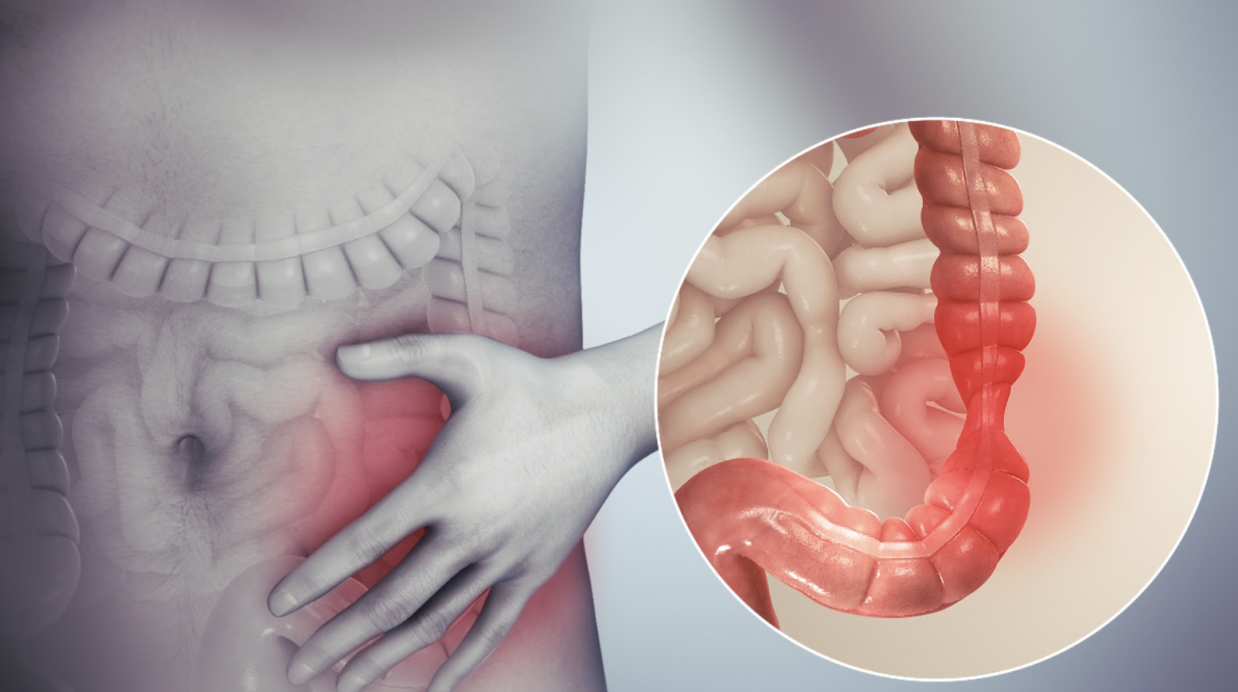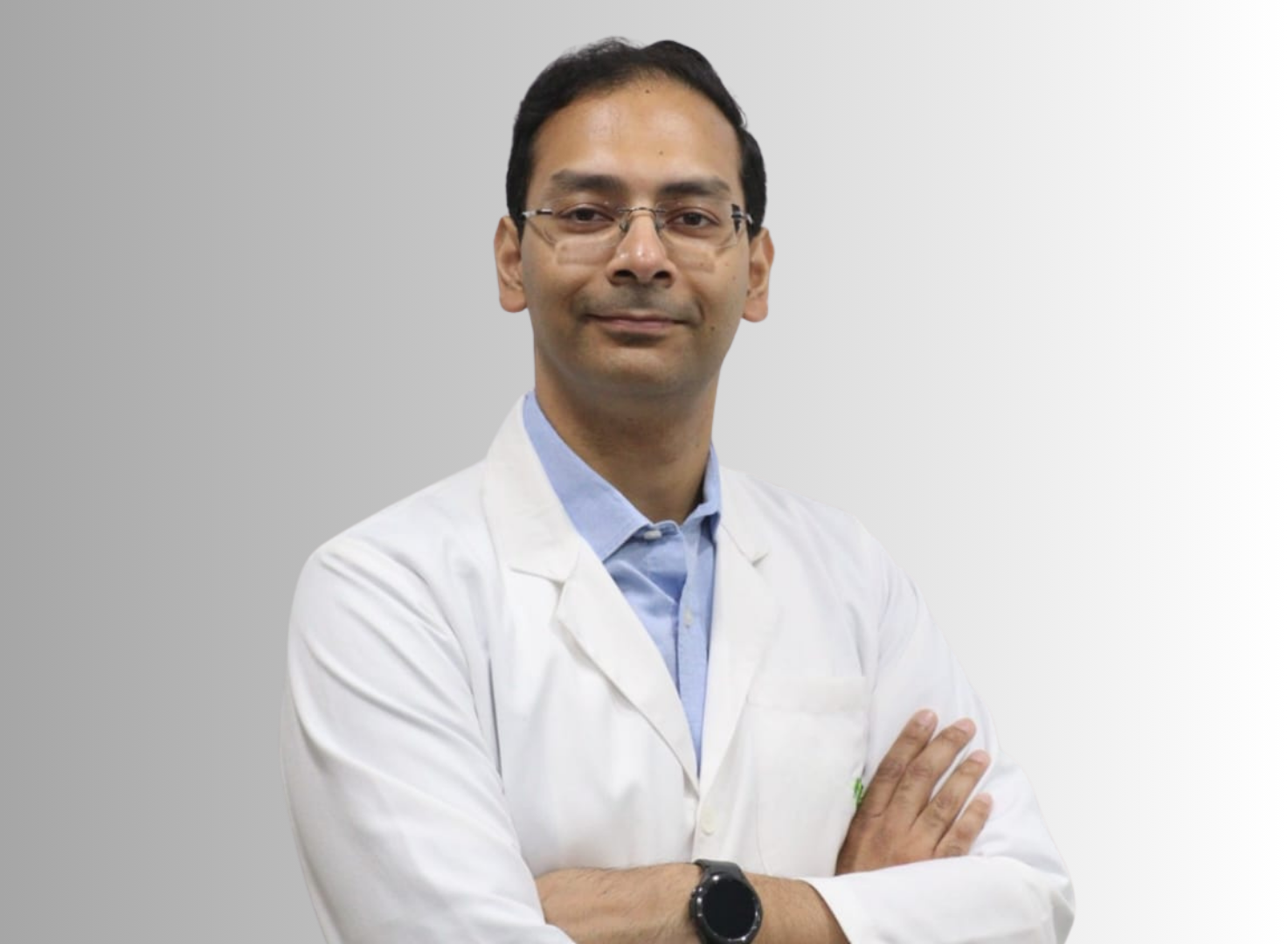Overview
Irritable bowel syndrome, commonly known as IBS, is a common disorder affecting the colon. It results in muscle cramps in the stomach, abdominal pain, and also leads to bloating and excessive flatulence. The condition may shape into more severe symptoms, including diarrhoea and constipation occurring at the same time. IBS has become a common health condition in India, with 4.2 to 7.5% of Indians suffering from it. It is common among both genders.
What is IBS?

Irritable bowel syndrome, or IBS, is a group of symptoms affecting your digestive system. Although a common one, IBS is an uncomfortable gastrointestinal disease that disrupts the regular functioning of the intestine, leading to immense pain, discomfort, and symptoms like abdominal pain, cramps, diarrhea, and constipation occurring at the same time. IBS is a chronic condition that doesn’t have a cure as of now. However, you can seek IBS treatment through medications, and lifestyle changes to manage the symptoms. IBS has three types:
- IBS with constipation or IBS-C: Under this type, your bowel movements are hard and lumpy.
- IBS with diarrhea or IBS-D: Under this type of IBS, your bowel movements are watery and loose.
- IBS with mixed bowel habits or IBS-M: Your bowel movements are the combination of both.
People often confuse IBS with IBD. However, they are not the same. Both are digestive conditions and affect different parts of your digestive system. IBS is a chronic syndrome with a group of symptoms. IBD, on the other hand, is an autoimmune disease that results in chronic swelling of the intestines. IBS doesn’t develop into IBD or cause permanent damage to the intestines. However, it may affect your quality of life on physical, mental, and emotional levels.
When to See a Doctor?
It is advised to be watchful of the symptoms of this condition and seek medical attention if they are persistent. The symptoms of IBS may appear frequently. In some cases, they may occur only during flare-ups. Some people may experience symptoms, while others may not.
- Abdominal pain or cramps related to the urge to poop
- Excessive gas and bloating
- Diarrhea, constipation, or both
- Mucus in your poop that may look whitish
- Feeling like you are unable to empty your bowels
- Blood from stools.
Treatment for IBS
As of now, there is no permanent cure for IBS. Doctors and scientists are constantly working to find a treatment for this condition. That said, IBS can be managed through a combination of medicines, lifestyle changes, and therapies.
Before offering treatment, a doctor like Anando Sengupta (providing IBS treatment in ashok vihar) will run some tests to confirm the diagnosis of the condition. Depending on your unique case, the tests may vary.
- Blood test to check for a digestive condition leading to symptoms of IBS.
- Stool test to check for the infection or signs of inflammation in your bowel.
- A hydrogen breath test to see if you have the overgrowth of bacteria in the blood or food intolerance.
The doctor may as well advise imaging procedures to rule out conditions related to inflammation or abnormal growth in the GI tract.
- Colonoscopy: With the help of a colonoscopy, the provider will determine if you have bowel disorders that may be leading to the symptoms of IBS. They will check for polyps, IBD, and abnormal growths.
- Flexible Sigmoidoscopy: The provider will insert a scope to see the lining of the rectum and lower part of the colon.
- Upper Endoscopy: Using endoscopy, they will diagnose celiac disease or any other GI condition. The provider will look inside the esophagus, stomach, and the first part of the small intestine through a scope to confirm the diagnosis.
After the confirmation of the condition, the doctor may suggest the following as the IBS treatment:
Dietary Changes
You will be asked to modify your food habits to avoid the flare-ups of symptoms. Consume fiber-rich foods such as fruits, vegetables, grains, prunes, and nuts. You can also add fiber supplements to your diet. Limit dairy products and food items that can make you gassy. The doctor will also suggest avoiding gluten as it is not suited to most patients with IBS.
Additionally, drink plenty of water and keep a food diary to determine the triggers of IBS flare-ups.
Lifestyle Changes
Lifestyle changes play a crucial role in the management of symptoms of IBS. Exercise regularly for 30 minutes a day, 5 times a week. Try relaxation techniques, such as yoga and meditation, to de-stress yourself and calm your nervous system. Get enough sleep, as it is one of the most powerful de-stressors that keeps your body healthy.
Therapy
For some patients of IBS, the doctor may combine dietary instructions and lifestyle management with therapies like cognitive behavioural therapy, hypnotherapy, and biofeedback to manage mental stress, anxiety, and depression associated with IBS.
Medications
Depending on your unique case, the doctor will prescribe the following medications as part of the IBS treatment:
- Antidepressants to manage depression, anxiety, along with significant abdominal pain associated with IBS.
- Medication, including anti-diarrheals to firm stools.
- Medication, including laxatives and fiber supplements, to ease constipation.
- Medication to help with intestinal spasms.
Why Choose Us?
Dr. Anando Sengupta is recognized as a IBS Specialist in Ashok Vihar, offering comprehensive evidence-based treatment to help patients regain control over their digestive health. With years of experience in gastroenterology, Dr. Sengupta goes beyond symptom management and focuses on identifying triggers related to IBS, improving gut health, and enhancing overall well-being. From offering specialized dietary guidance to giving the best medication-based IBS treatment in Ashok Vihar, Dr. Sengupta ensures you receive the best possible care for the long-term relief of this condition and improved quality of life.
The team at Dr. Sengupta’s clinic understands that every IBS case is unique. Hence, they take a multidisciplinary approach by integrating advanced diagnostics, stress management, dietary modification, and medical therapies to offer a long-term relief of IBS symptoms. The state-of-the-art facilities, cutting-edge technology, and compassionate patient care make Dr. Anando Sengupta a preferred choice for IBS treatment in Ashok Vihar.
Frequently Asked Questions
The doctor will advise you to include more fiber-rich foods, avoid dairy, and increase water consumption for IBS management. In addition, you should exercise for 30 minutes a day for stress management.
IBS may be the result of stress as well as food. As each case is unique, the triggers may include either stress or food, or both, for some patients.
In some cases, the symptoms of IBS may be managed without medicine. The doctor will advise you to focus more on dietary and lifestyle habits.
The cost of IBS treatment in Ashok Vihar varies, depending on the experience and expertise of the healthcare provider and your unique case. The consultation charges start from 1,000 INR.




